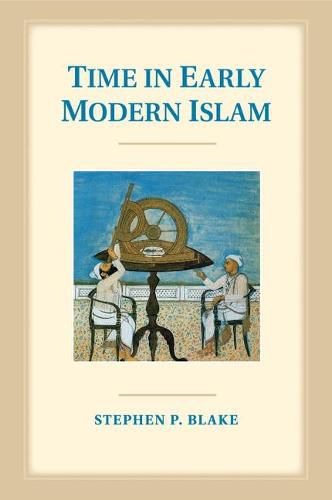Readings Newsletter
Become a Readings Member to make your shopping experience even easier.
Sign in or sign up for free!
You’re not far away from qualifying for FREE standard shipping within Australia
You’ve qualified for FREE standard shipping within Australia
The cart is loading…






The prophet Muhammad and the early Islamic community radically redefined the concept of time that they had inherited from earlier religions’ beliefs and practices. This new temporal system, based on a lunar calendar and era, was complex and required sophistication and accuracy. From the ninth to the sixteenth centuries, it was the Muslim astronomers of the Ottoman, Safavid and Mughal empires who were responsible for the major advances in mathematics, astronomy and astrology. This fascinating study compares the Islamic concept of time, and its historical and cultural significance, across these three great empires. Each empire, while mindful of earlier models, created a new temporal system, fashioning a new solar calendar and era and a new round of rituals and ceremonies from the cultural resources at hand. This book contributes to our understanding of the Muslim temporal system and our appreciation of the influence of Islamic science on the Western world.
$9.00 standard shipping within Australia
FREE standard shipping within Australia for orders over $100.00
Express & International shipping calculated at checkout
The prophet Muhammad and the early Islamic community radically redefined the concept of time that they had inherited from earlier religions’ beliefs and practices. This new temporal system, based on a lunar calendar and era, was complex and required sophistication and accuracy. From the ninth to the sixteenth centuries, it was the Muslim astronomers of the Ottoman, Safavid and Mughal empires who were responsible for the major advances in mathematics, astronomy and astrology. This fascinating study compares the Islamic concept of time, and its historical and cultural significance, across these three great empires. Each empire, while mindful of earlier models, created a new temporal system, fashioning a new solar calendar and era and a new round of rituals and ceremonies from the cultural resources at hand. This book contributes to our understanding of the Muslim temporal system and our appreciation of the influence of Islamic science on the Western world.